National Care Service - valuing the workforce: regional forums - easy read findings summary
In summer 2023, we held events across Scotland as part of our work to co-design the National Care Service. The events covered five co-design themes. This easy-read report relates to feedback gathered from the Valuing the Workforce co-design theme events.
What we learned about valuing the workforce

We wanted to hear about the experiences of community health and social care staff. We heard from people working in:

- health and social care
- social work
- voluntary and private sector
- support workers
- care managers
- nurses
- occupational therapists

We heard from people working in teams with different kinds of health and social care staff. They work together to support people.
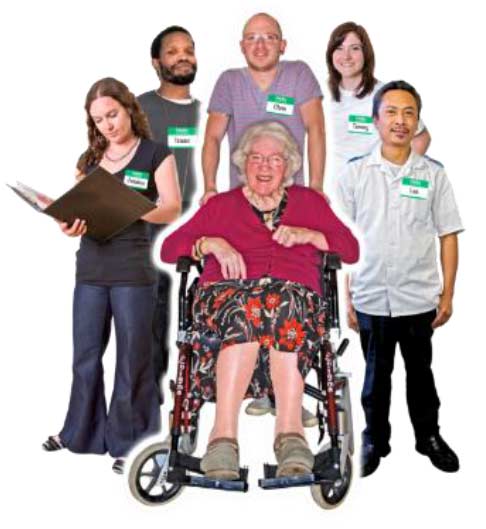
We also heard from a small number of unpaid carers and people with experience of getting care.

Here are some of the most common things people told us in the sessions.
The difference between health, social care, and voluntary sector staff

There are differences in funding, staff pay and conditions within the health, social care, and the voluntary sector. This can have an impact on how staff feel.

Social care sector workers feel there is less respect for them than NHS staff. They do not feel they are listened to.

People in health and voluntary sector roles believe services should work together better.

People feel that the NHS discharge process does not always take into account social care workforce.
The process for assessing people for social care support needs to be better. It needs to be the same across Scotland

Staff felt they asked people what they cannot do instead of what they can.

Staff felt they did not have enough time to do an assessment. They do not have time to get to know the person they are supporting.

Different staff should be involved in the assessment of a person's social care needs. They should get the information they need when people are referred.

The assessment just now does not get the information needed for all services. People then must do lots of assessments.
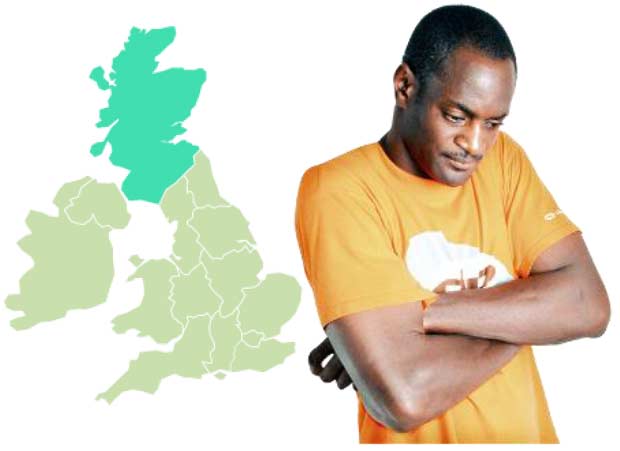
People are not being given the support they want or that meets their needs. Eligibility criteria are not the same across Scotland.
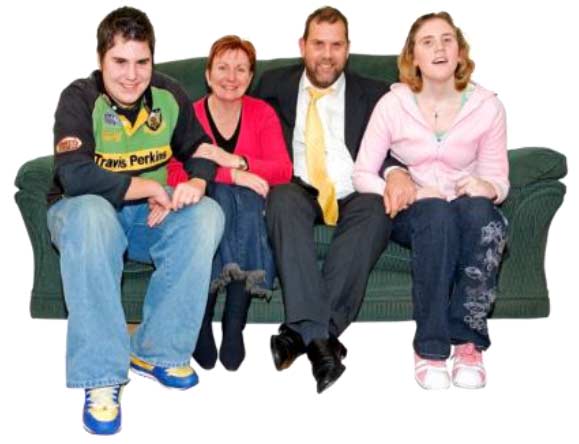
Referrals need to be followed up by family members. People receiving care and their families get little information on referrals.
Good team-working for staff is important to meet people’s needs

Staff need good communication to deliver good support. This is important as people move between services.
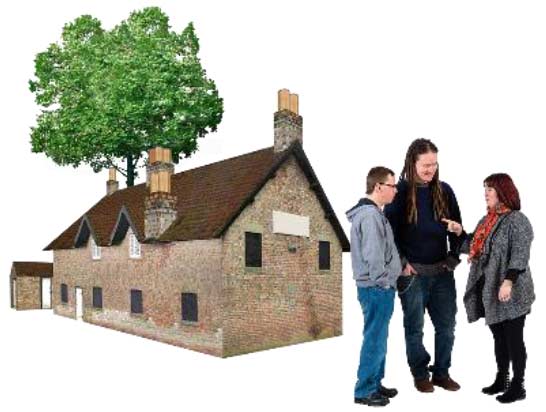
In countryside areas speaking directly to other staff is just as important to get things done, as things like official letters or emails.

Having different staff based together in the same place often helped working together.

Friends and family often need to communicate for those receiving care. It can be difficult for them to understanding how services fit together. So clear communications and information is needed.

Some social care staff are having more work added to their role but with not enough training.

There needs to be a better culture of sharing information between services. This would be very useful to the voluntary sector.
Better experience for social care staff

There are less staff and they are getting older. Young people are not joining the service.

This is also made worse in countryside areas. Staff cannot afford homes to live in and have long distances to travel.

There is always new staff because so many people leave. They need training which takes time and effects care quality.

Services have to use agency staff. They are often paid more money. This can make it difficult for services to employ staff. Terms and conditions for staff should be the same for everyone.

Staff want flexible working. This would help staff who are parents and need to find childcare.

A lot of staff are off-sick due to work pressures. This makes it harder for staff at work because they need to cover for those who are ill. This is bad for staff’s mental health.
Good leadership and shared values mean a better experience for all staff

A good culture and team working help staff to speak up and feel supported.

Staff feel valued, respected, and supported in their teams.

Having good values is important for team working.
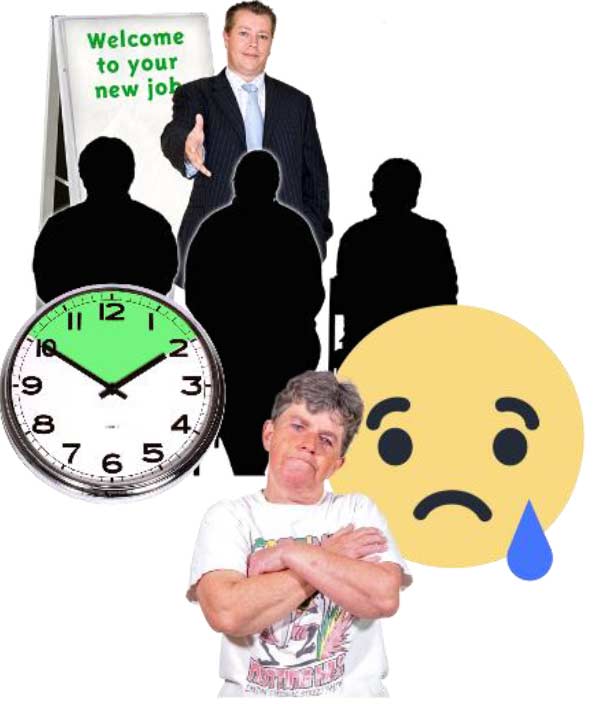
Management staff have a direct impact on staff wellbeing.
Services can be in place to help staff wellbeing. However, staff do not have the time to use them.
Good quality training is important and staff need the time for this

Too much work makes it hard for staff to attend training.

The standard of staff training is not always very good.

Training and development costs money. It also means staff can be away and need their role covered.

What some staff are allowed to do can be different across Scotland.

Sometimes people are delivering services they have not been trained to do.
Sharing information is important across sectors for better quality of care

Not sharing information between staff can make it difficult to deliver good social care. The voluntary sector do not always get the information they need.

Information is not kept on people who do not get social care services.

Different systems used by services make it difficult to see the right information.

Not working in a team can make it difficult to share information.

Systems need to be accessible to older staff. They need good training to use technology. This will help them to record the right information.
Contact
Email: NCSdesign@gov.scot
There is a problem
Thanks for your feedback